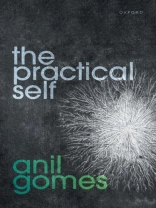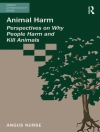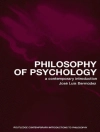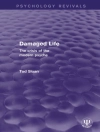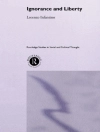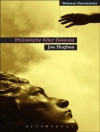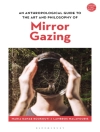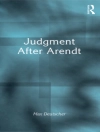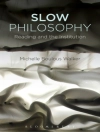We are self-conscious creatures thrown into a world which is not of our making. What is the connection between being self-conscious and being related to an objective world? Descartes and Kant, in different ways and with different emphases, argued that self-conscious subjects such as us must be related to an objective world. Philosophers in the twentieth century were less ambitious: self-conscious subjects must only think or experience the world as objective. The Practical Self argues that the answer to our question lies in a set of enigmatic remarks by the eighteenth-century philosopher, physicist, and aphorist Georg Christoph Lichtenberg. ‘One should say it is thinking, just as one says, it is lightning’, Lichtenberg writes. ‘To say cogito is already too much To assume the I, to postulate it, is a practical requirement.’ Lichtenberg is raising a puzzle here about our grounds for recognising ourselves as the agents of our thinking. Its solution is to understand that we have practical grounds to think of ourselves as the intellectual agents. We are thus practical selves: intellectual agents who have distinctively practical grounds to recognise ourselves as such. And our faith in ourselves as practical selves is sustained through interaction with others. The argument of this book is that self-consciousness requires faith in ourselves as the agents of our thinking and that this faith is sustained by a practices which relate us to other thinkers. Self-consciousness connects us to a world of others.
Anil Gomes
Practical Self [EPUB ebook]
Practical Self [EPUB ebook]
购买此电子书可免费获赠一本!
语言 英语 ● 格式 EPUB ● 网页 208 ● ISBN 9780192634030 ● 出版者 OUP Oxford ● 发布时间 2024 ● 下载 3 时 ● 货币 EUR ● ID 9373915 ● 复制保护 Adobe DRM
需要具备DRM功能的电子书阅读器
